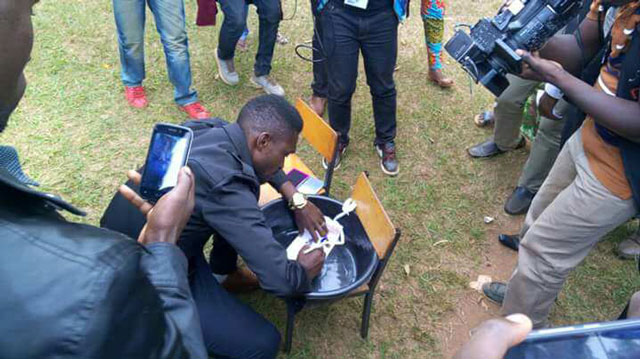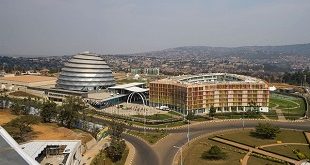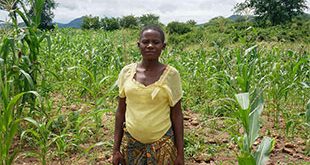
SPECIAL REPORT | MOKY MAKURA – BIRD AGENCY | Years ago, I was invited to speak to a group of young schoolgirls from a township in
Johannesburg. A little way into the talk, I realised that they weren’t terribly engaged. It took me a moment to understand why. English wasn’t their first language and as a Nigerian woman, educated in England with a very British accent, I just wasn’t relatable to this young group of South Africans. It was clear, the organisers didn’t understand what their audience wanted.
It’s the same with elections. Let me explain.
Tunisia went to the polls on Sunday, October 6th and Mozambique on October 9.
Botswana, Mauritius, Namibia, Ghana, and Chad are next in line. In most of these countries, voters care about jobs, education, healthcare, corruption and in Mozambique particularly, a fix for the stalled multi-billion-dollar gas project. But the election media coverage often doesn’t highlight the issues voters care about. Do editors understand what audience’s really want?
Typically, election coverage is narrowly focused on the horse race between the incumbent and main opposition party or parties. In Africa, it is often peppered with stories of election violence and rumours of corruption – the foundations of every election in Africa, apparently.
In Tunis for example, the media coverage focused on the turbulence around the election. The fact there were only three candidates, one of whom is currently in jail; claims of election rigging, and stories of the growing repression of dissent and media control.
The fixation on election drama rather than the issues at stake is often driven by the media’s obsession with headline grabbing stories, and a lack of understanding by the editors of what readers actually want in election stories. It’s easier to sell stories about tainted politicians and violent clashes than it is to dig into healthcare reform or job creation policies.
Sadly, there is an impact to this formulaic reporting, and it has huge ramifications on
political outcomes. This coverage contributes to a highly charged, polarized and combative political atmosphere. This in turn generates misinformation and disinformation and can lead to the violence with which African elections are so often associated.
But what is most concerning, is the impact of this media coverage on young people. Party political reporting overshadows the policies and governance issues they care about, and we have seen how voting amongst the youth is dwindling.
According to a recent youth survey, only 50% of eligible African youth are registered to vote and a growing segment believe that the current democratic system is not working. Young people want African countries to design their own democratic structures, a clear indicator that what they see and know about elections is not working.
It may be too late for Tunisia and Mozambique, but Botswana, Ghana, and others present an opportunity for the media to break out of their reporting rut. A new guidebook published by Africa No Filter on election coverage, calls for a rethinking of the current approach to election reporting. It asks for reporters – traditional and new media – to stop the relentless focus on the big personalities and start elevating the issues that truly matter.
Yes, voters need to know who’s running, but they also need to know why they’re running. What are their plans for the economy? How will they tackle inequality, climate change, or conflict in their regions? Candidates’ policies shouldn’t be afterthoughts; they should be the main event.
What about the underdogs? What about the voices of youth who in reality could make a
break an election if they chose to? What about the women or the community leaders
driving real change at the grassroots level? These voices are often ignored. And yet, they are the ones with stories that could potentially resonate the most.
Meanwhile, the myth of youth apathy in African politics has often been repeated, but it’s a false narrative. If youth languor were real, we wouldn’t have seen Kenya’s GenZs rallying online and on the streets, forcing a presidential U-turn on a controversial finance bill.
Traditional voter turnout might be low, but the youth aren’t missing—they’re just operating on platforms the media often overlooks. The Independent Electoral Commission reported that 78% of new voter registrations in recent African elections were from citizens aged 16 to 29.
We understand that newsroom muscle memory for how things have always been done is still strong and hard to change, and that's where the ANF election guide is vital. The solution is not to shy away from the drama entirely but to read the room and include the real issues in the coverage.
****

Moky Makura, is the Executive Director of Africa No Filter and a founder of bird story agency.
 The Independent Uganda: You get the Truth we Pay the Price
The Independent Uganda: You get the Truth we Pay the Price



